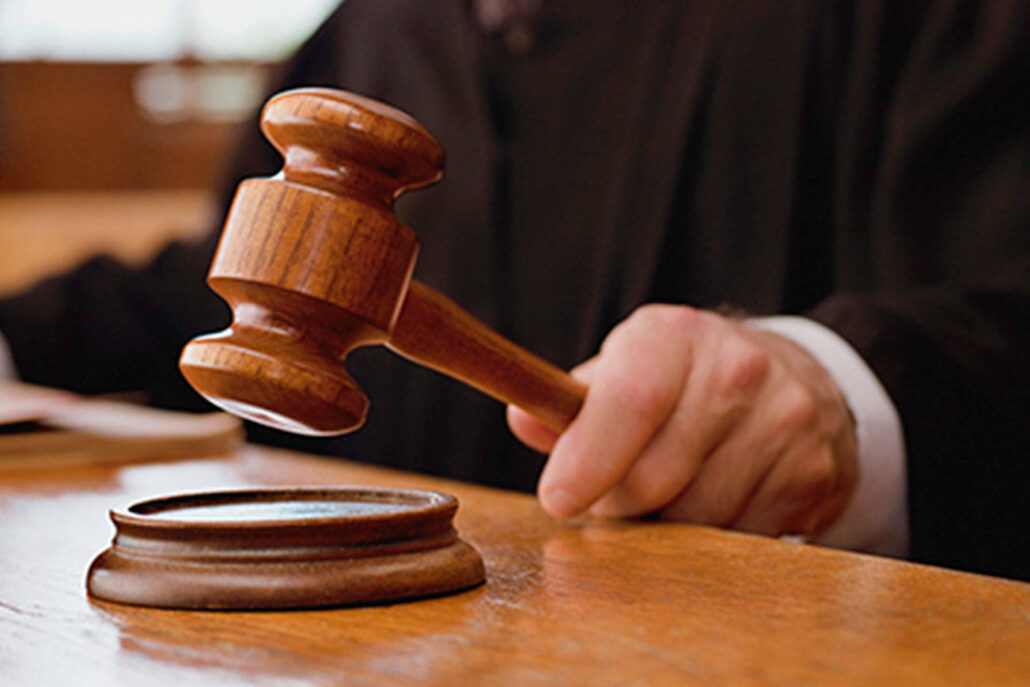
The Delhi High Court on Thursday sought a response from the National Investigation Agency (NIA) in the bail plea moved by separatist leader Nayeem Ahmad Khan in a UAPA case of alleged terror funding, Live Law reported.
A division bench of Justice Siddharth Mridul and Justice Talwant Singh issued notice on Khan’s appeal against the trial court order denying him bail in December 2022.
The matter will now be heard on March 23. The bail appeal has been moved through Advocates Tara Narula, Tamanna Pankaj, and S. Debabrata Reddy
Khan, who has been in judicial custody since August 14, 2017, has been accused of “creating unrest” in the Kashmir valley by the National Investigation Agency. He was arrested on July 24, 2017.
The special judge last month ordered the attachment of the All Parties Hurriyat Conference’s (APHC) office in the case.
NIA had told the court that the property was partly owned by Khan along with his associates.
The office situated at Rajbagh was used to strategize different protests, funding activities of stone pelting on security forces, recruiting of unemployed youths to carry out “unlawful activities as well as terrorist activities” to create unrest in Jammu Kashmir and to wage war against the Government of India, according to the NIA.
While denying him bail, the special NIA judge noted that detailed scrutiny of evidence and statements of various witnesses was done at the time of framing of charges and it was concluded that there is sufficient evidence available raising “grave suspicion” regarding Khan’s involvement.
Taking note of the fact that charges have already been framed against Khan – which have not been stayed or set aside by the High Court, the judge had said that the court cannot re-appreciate the evidence at the stage of bail.
NIA had registered the FIR on a complaint by Ministry of Home Affairs alleging that based on “secret information” received from an informant, it was learnt that Lashkar-e-Taiba chief Hafiz Muhammad Saeed and various separatist leaders including the members of the Hurriyat Conference were raising funds “through hawala” and also had entered into conspiracy to cause violence in Kashmir.
The case alleges that there was a larger criminal conspiracy for causing disruption in the Kashmir valley by way of “pelting stones on the security forces, systematically burning of schools, damage to public property and for waging war against India.”
The case has been registered under Sections 120B, 121, 121A and 124 A of the Indian Penal Code and sections 13, 16, 17, 18, 20, 39 and 40 of Unlawful Activities Prevention Act, 1967.




